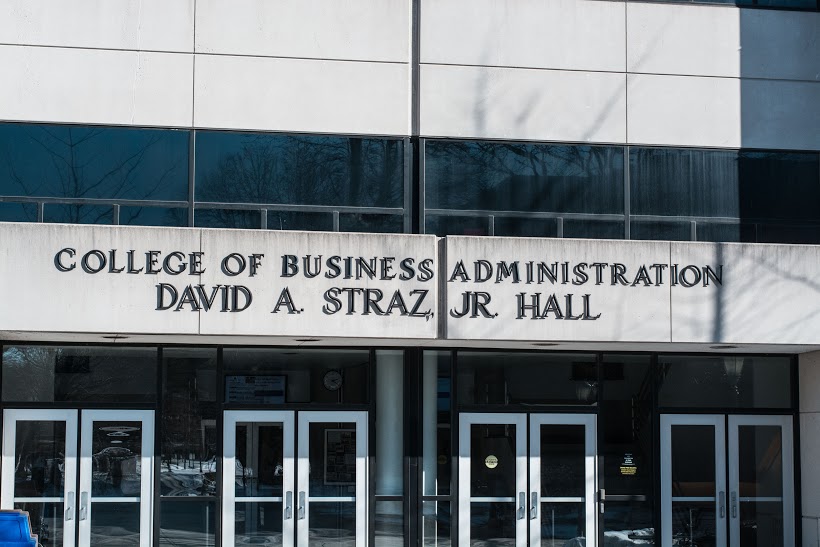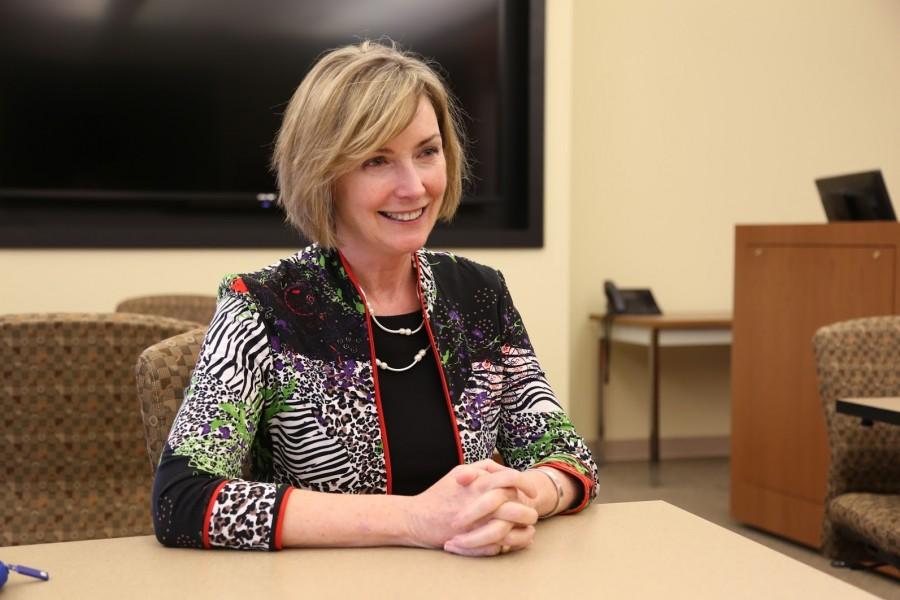Marquette’s accounting department adopted a pro-bono initiative from Gonzaga University known as the Justice for Fraud Victims Project.
The initiative allows students to work with local law enforcement as well as mentors and faculty to apply skills they have learned in either fraud examination or auditing. It will provide real-world forensic accounting experience, according to Gonzaga University’s website.
“I learned about the program (at Gonzaga) in early 2012 … and I thought that it was perfect for our university in terms of the mission and values,” said Jodi Gissel, a faculty advisor for the JFVP and assistant professor of accounting. “It took until the fall of 2014 when we first ran the program here at Marquette because of the groundwork that we had to do.”
While the JFVP at Marquette is similar to the project at Gonzaga, there are some differences in the setup. Gonzaga has a specific class for the program and looks at multiple cases each semester. Marquette doesn’t have a formal class and mainly looks at one case per semester.
“We are still in the infancy stages of our program, Gissel said. “That is why we run it as an independent study and just in the fall.”
Faculty play a key role in the project by acting in an administrative position so everyone knows what happens. A mentor from Sequence Inc., a local consulting group, oversees the students in determining whether or not fraud occurred. Law enforcement personnel and the mentor refer cases and determine if any further investigative action is necessary.
“Students are responsible for doing the actual investigation, as they are actually conducting a live fraud examination so they go through all of the documents necessary … and interview the mentor after the mentor has interviewed the organization that has suspected fraud,” Gissel said.
The students benefit as they apply what they learned in the classroom to actual cases by going through document analysis, repressed records and conducting a follow-up if necessary.
“They may encounter a situation where the organization doesn’t provide anything useful and they need to think about what evidence they do have and determine how to proceed,” Gissel said.




